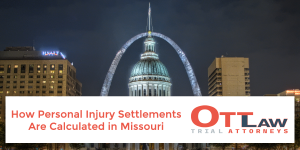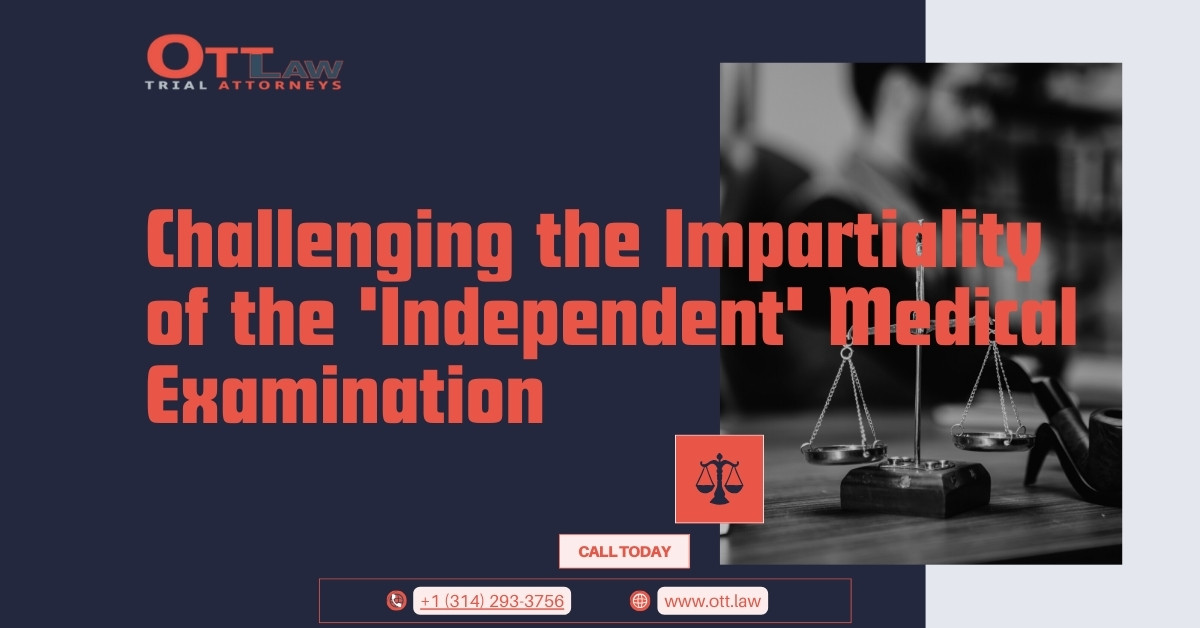When it comes to traumatic brain injury (TBI) claims, the defense may bring in an expert witness to conduct an “independent” medical examination (IME). Yet the impartiality of such an evaluation can sometimes be brought into question. Here’s a guide on how to tackle potential bias.
Establishing the Context:
The so-called “independent” evaluator may often be hired and paid by the defense, which can naturally lead to questions about their objectivity. They might be more inclined to provide findings favorable to the party paying them. Thus, establishing the context of their hire is crucial.
Cross-Examination Strategy:
To shed light on potential bias, here are some cross-examination pointers:
- Financial Gain: Establish how the doctor gets paid for forensic cases. If they claim their institution gets the fee, delve deeper. Often, the remuneration indirectly affects the expert through bonuses or salary enhancements. This is especially true if their forensic work bills higher than regular consultations. [1]
- Professional Practice Distribution: If a significant portion of the evaluator’s work is forensic and predominantly defense-referred, it’s relevant to highlight this fact. It could indicate a pattern of bias.
- Client Interaction: It’s essential to ascertain how much time the doctor spent with the client. If the doctor largely relied on records and spent minimal time with the patient, it might cast doubt on the thoroughness of their examination.
- Neutrality: If the expert was engaged by the defense, it’s essential to establish this fact. This would help in asserting that their opinion is not entirely neutral.
- Transparency: Did the doctor disclose their role and potential conflict of interest to the client? The client has a right to be informed.
- Methodology & Best Practices: It’s crucial to check if the expert followed standardized practices. For instance, if they administered only part of a recommended test, they might have missed crucial information.
- Consistency with Past Testimonies: If the doctor has a history of siding with the defense or frequently disputes the findings of treating physicians, this can be indicative of a pattern.
Conclusion:
While IMEs can be a useful tool, it’s essential to ensure they truly are independent. By effectively challenging the objectivity of the examining doctor, attorneys can ensure that their client’s case isn’t undermined by potential biases.
For legal assistance related to traumatic brain injuries and other related concerns, contact OTT Law Firm.
- Address: 3544 Oxford Ave, Maplewood, MO 63143, United States
- Phone: +13142933756
- Email: joe@ott.law
- Website: OTT Law
References:
[1] “Understanding the Financial Implications of Forensic Neuropsychology,” Journal of Medical Law and Ethics, Dr. Linda S. Thompson, 2018. [2] “The Role of IMEs in Traumatic Brain Injury Cases,” Legal Review Quarterly, Dr. Jonathan Meyers, 2020.














